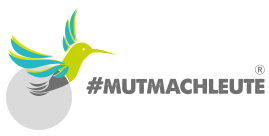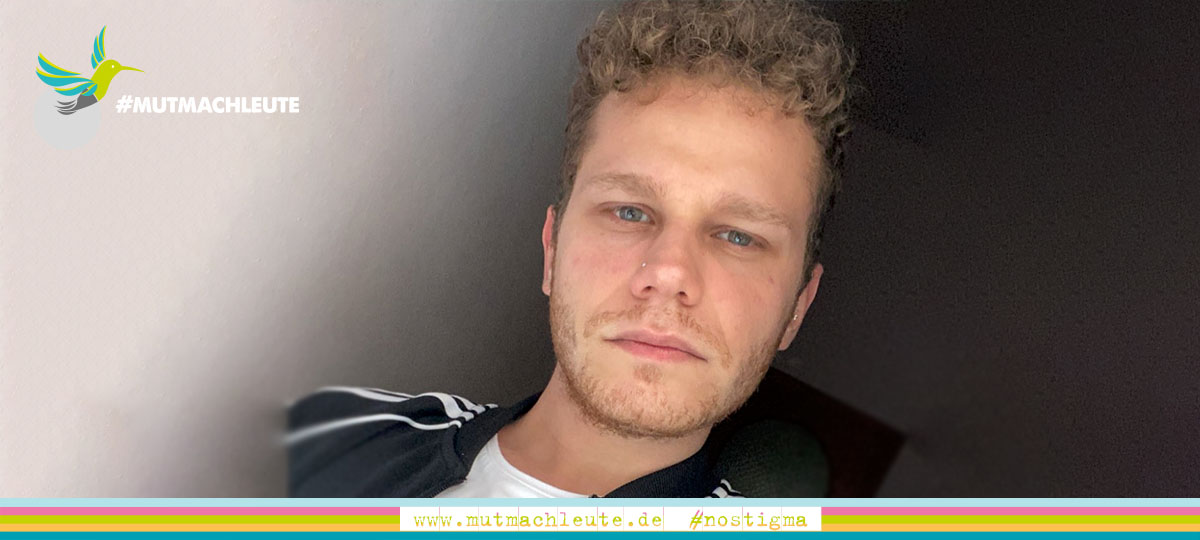Depression and anxiety disorder: Think of the beauty you have achieved, and the negative becomes a side issue.
Affected: Markus Lange
Vintage: 1992
Diagnosis: depression, generalized anxiety disorder, panic disorder
Therapy: Psychotherapy
Resources: Relaxation Exercises, Reading, Writing, Sports, Friends, Family
How and when did you learn of your disorder?
I have been suffering from panic attacks for many years. I now have a good grip on them, but until about a year ago they got worse and worse and I finally had to go to the psychiatrist. He told me that I suffer from an anxiety disorder and have panic attacks. He explained it to me very lovingly and so I experienced it in a “pleasant” way.
Why did you decide to show your face now?
I also want to show face in public when it comes to panic attacks. It is important to me, because I know that, especially in the case of an anxiety disorder, it is extremely important to exchange with those affected. This makes it easier. Shared suffering is half suffering.
How did your environment react when it learned of your illness, and how would you want your environment to deal with your disorder?
My environment reacted very frightened to my illness and felt unsafe at first. However, when I myself was enlightened by books about the processes in my body, I was able to explain it better to my family and friends and thus found more acceptance. I want my friends, acquaintances and all those who are involved with me to realize for themselves what it means to have a panic attack.
Society should generally accept mental illness more.
What things helped you most to accept the disease?
The general enlightenment helped me that something is wrong in my brain metabolism. The messenger substances serotonin and dopamine are missing and also the adrenaline is not sufficiently present if you have an anxiety disorder. I also found the therapy sessions very helpful, as it allowed me to break the anxiety spiral and find help for self-help. Through all these aids, I was able to accept my fears and attacks.
What resources do you use in crisis situations?
I know that then I have to pay special attention to my breathing and breathing helps me to survive the crisis. Breathing is a resource for me, as I have it at my hand and can calm down here. I also see my personal inner strength as a resource to which I always have access. I can calm myself down and the relaxation techniques I have learned will benefit me.
What do you want to give to other people affected?
In any case, contact other affected persons, e.g. in a self-help group. Then, of course, do not shy away from medical attention and also take antidepressants temporarily when the panic attacks become too bad. There are many ways, psychotherapy can be a way. The confrontational therapy helped me a lot.
What do you want to give other relatives along the way? How can they help you
(on the one hand) and to help yourself (on the other hand)?
The relatives should have a picture and an idea of the disease. It is therefore good for them to know what is happening to the person concerned in the event of a panic attack. As a result, the relatives are more relaxed and can act calmingly. This in turn definitely helps the person who suffers from panic attacks.
What makes your character and what trait do you value most about yourself?
I myself am a creative and curious person, which has always helped me within my illness. In addition, Despite my illness, I remain open and always look forward to being able to help others.
The exchange is very important to me and I am courageous. Because without courage there is no progress.
Markus blogs for panic attacks – what to do?



